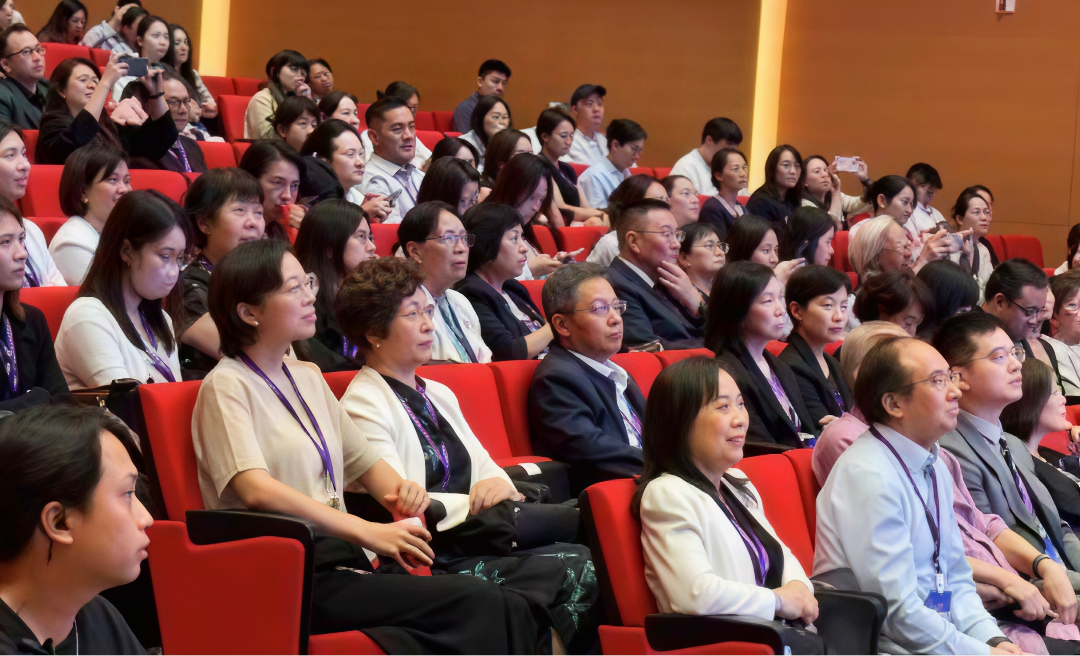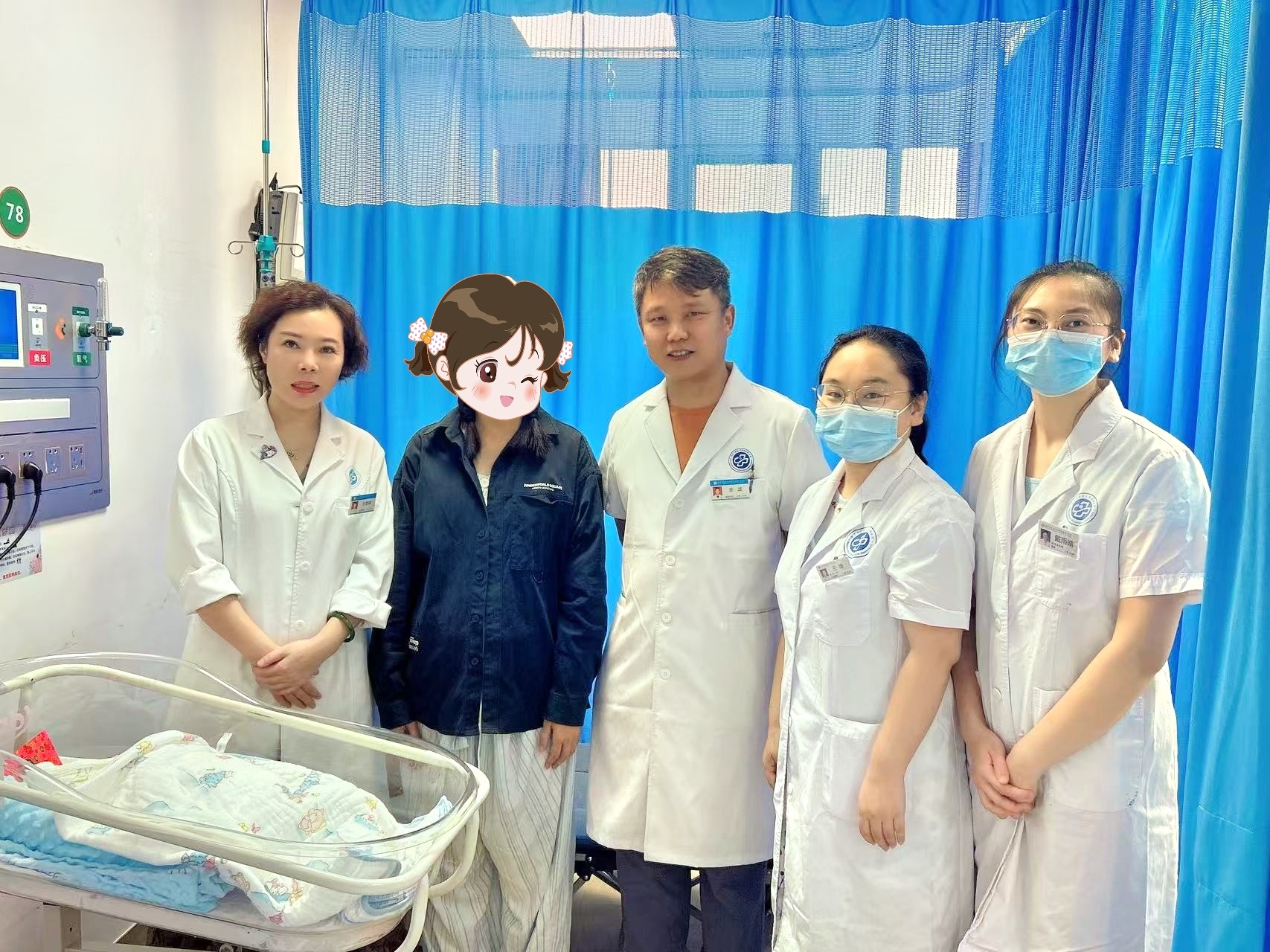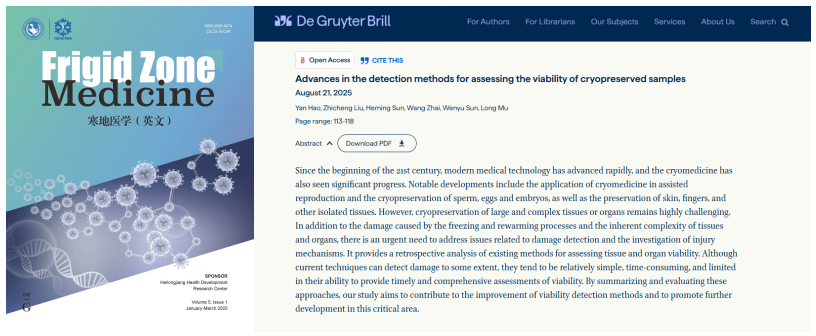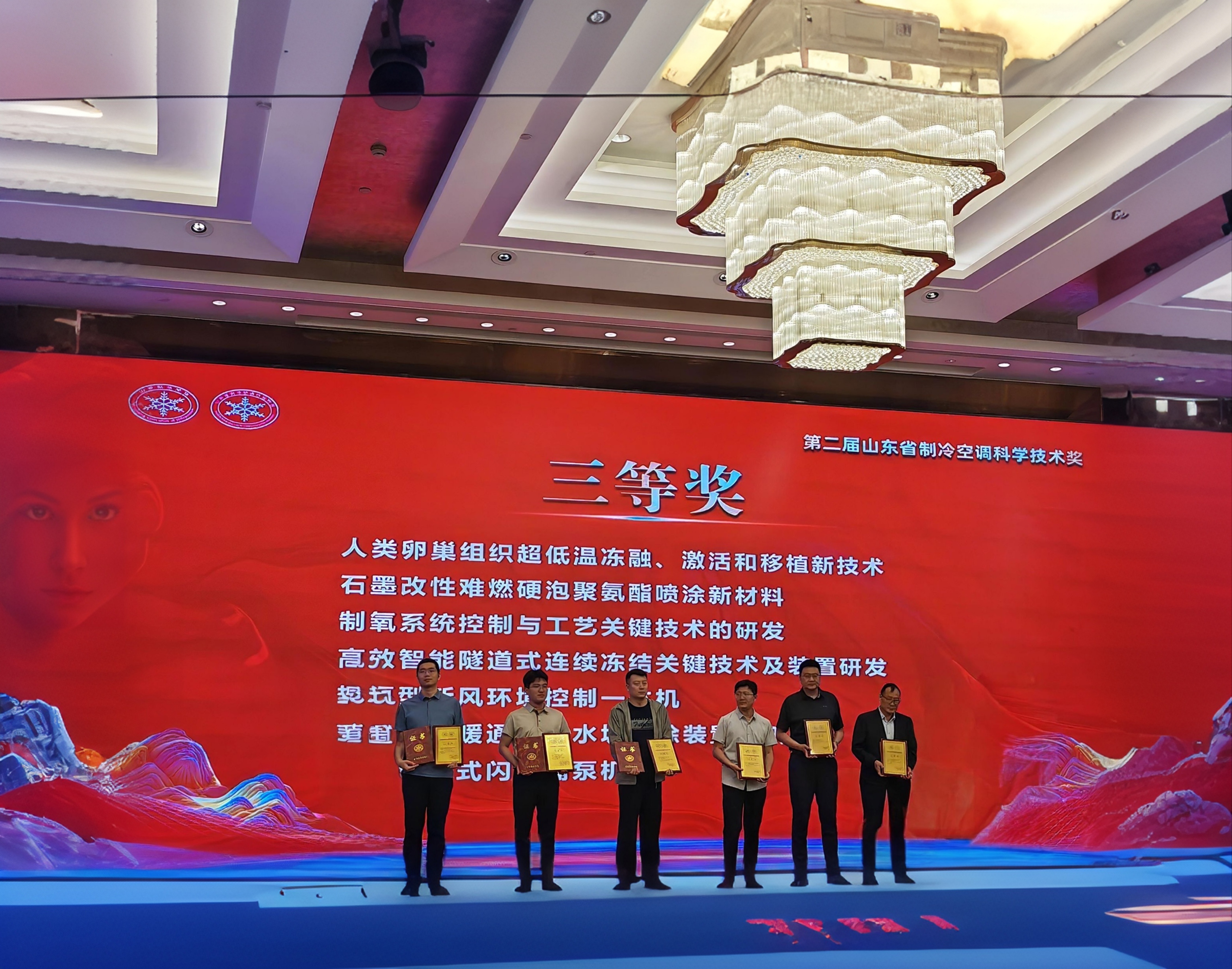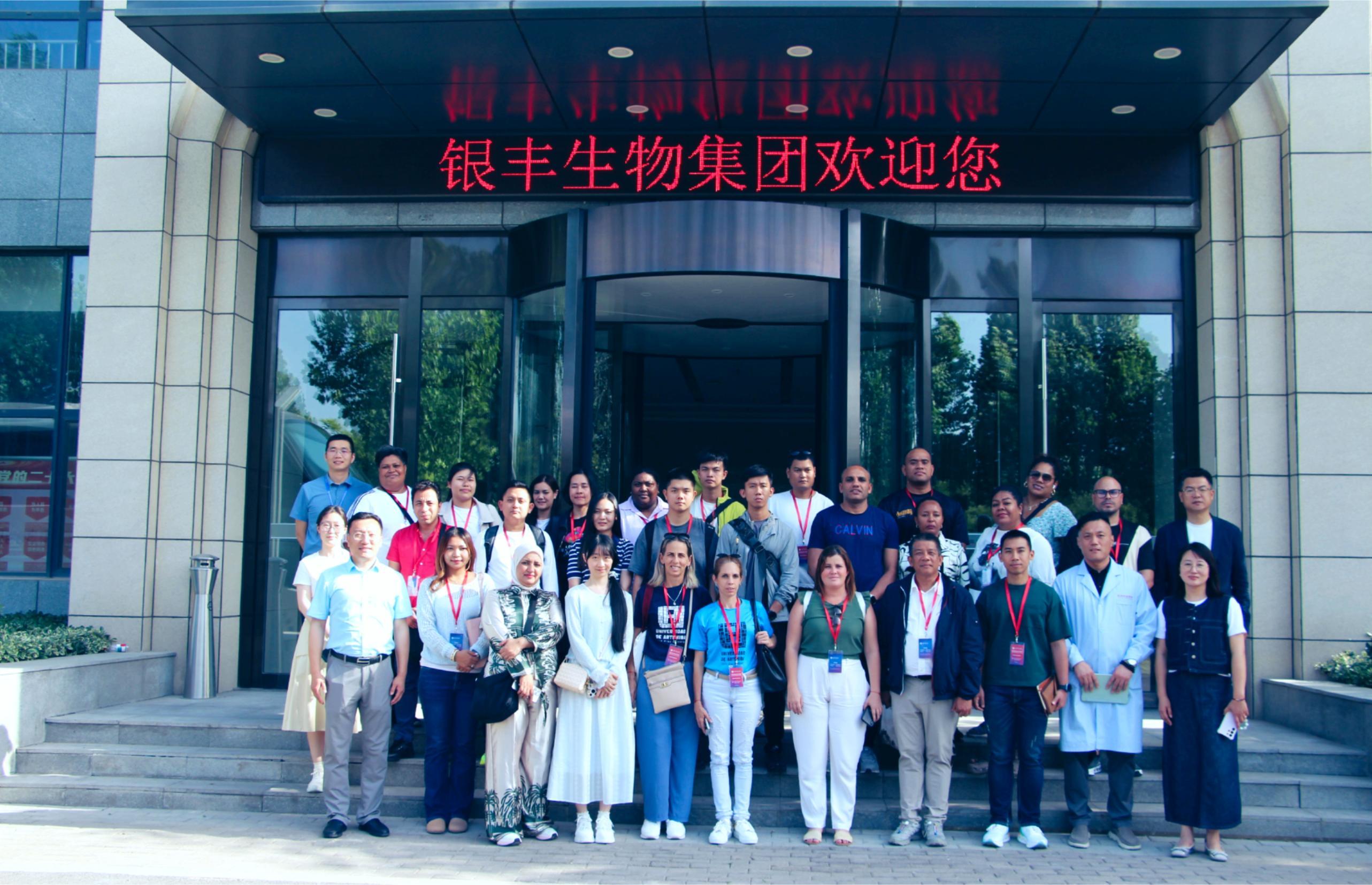“Capturing” the Eighth Longevity Gene: Can Life Be Extended?
Release time:
2024-08-13
People often hope for a long life and therefore discuss how to achieve longevity through lifestyle choices such as exercising more, eating a balanced diet, maintaining a regular schedule, and keeping a healthy mindset. However, scientific research has revealed that various genes within our bodies regulate our lifespan.
Recently, research teams from Zhejiang University and the Chinese Academy of Sciences' Center for Excellence in Molecular Plant Sciences discovered a gene in the insect nuclear genome that co-evolves with mitochondria. This gene can significantly extend the lifespan of insects and nematodes. This gene, known as CG11837, influences mitochondrial morphology, and its expression level is directly related to an organism’s lifespan. Reduced expression of this gene shortens life, while increased expression extends it.
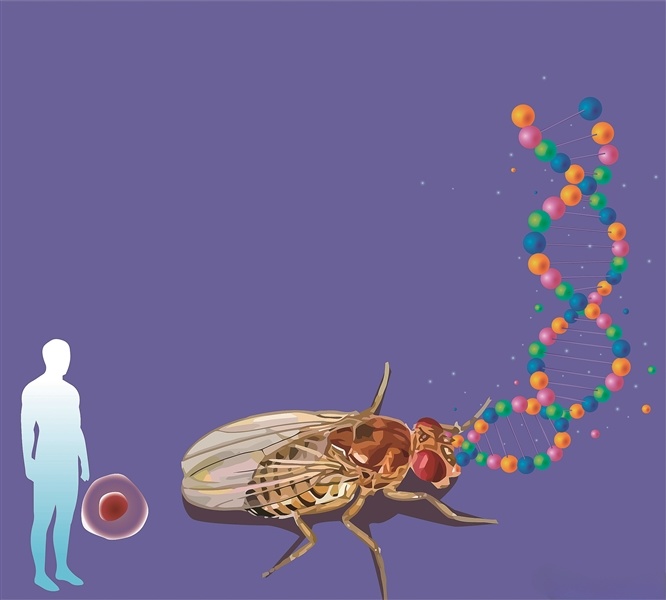
To prove this discovery, the researchers conducted experiments in which the expression of the CG11837 gene was reduced in six different animals, resulting in a significant shortening of their lifespan by up to 25%. Subsequently, they performed overexpression experiments of the gene in fruit flies and nematodes, leading to a substantial extension of their lifespan by about 12%. This indicates that activating the CG11837 gene can enhance anti-aging capabilities by 30%.
Through comparisons in the global longevity gene database, the authors found that this gene is the eighth widely recognized gene internationally that extends animal lifespan. Its discovery provides important clues for understanding the molecular mechanisms of aging and could offer new targets for delaying aging and treating age-related diseases.
In fact, it is challenging to simply define a gene in the human body as a “longevity gene.” Currently, seven genes have been confirmed by scientific literature and research to be closely associated with extending lifespan. The SIRT1 gene is believed to be related to aging and lifespan regulation. The APOE gene mainly regulates lipid metabolism. The FOXO3A gene is a mutated gene observed among centenarians of various races worldwide, with activation effects including blocking the cell division cycle, repairing DNA damage, promoting autophagy, enhancing cellular antioxidant capacity, and preventing cellular carcinogenesis. The CETP gene regulates cholesterol metabolism, increasing high-density lipoprotein cholesterol and reducing cardiovascular disease risk, thus extending lifespan. The insulin-like growth factor receptor IGF1R gene regulates human growth and metabolism, and reduces the occurrence of cancer and metabolic diseases. The KLOTHO gene has antioxidant and anti-aging effects, can improve cognitive function, and prevents cardiovascular diseases and osteoporosis. The MTOR gene regulates cell growth and protein synthesis, preventing age-related diseases.
Understanding the mechanisms of these genes might help us find the secrets to eliminating age-related diseases and extending life.
Previous article
Next article
Previous article
Next article
Latest developments
Over the two days, the symposium was not only a collision of ideas but also seeds sown to advance social progress in life culture. The Shandong Yinfeng Life Science Public Welfare Foundation will continue to use technology as wings and culture as roots, collaborating with all sectors of society to enhance the quality of life for the Chinese people and build a human-centered life care system.
According to recent announcements by the Jinan Municipal Bureau of Science and Technology, 11 outstanding achievements from Jinan have been included in the 2025 "Shandong Outstanding Achievements Report" project. Among them is the globally first-of-its-kind ovarian tissue dual-activation technology developed by Shandong Silver Med Life Science Research Institute (Jinan).
Recently, Frigid Zone Medicine, an authoritative international journal in the field of cryomedicine, published an important review titled "Advances in the Detection Methods for Assessing the Viability of Cryopreserved Samples". Written by the team of Yinfeng Cryomedical Research Center, the article systematically reviews and analyzes various detection techniques currently used to evaluate the viability of cryopreserved cells, tissues, and organs. It also proposes key directions from the perspectives of methodological integration and future instrument development, offering crucial theoretical support and practical guidance for the long - term cryopreservation of complex tissues and organs.
Recently, the "Novel Technology for Ultra-Low Temperature Cryopreservation, Activation, and Transplantation of Human Ovarian Tissue," developed through a collaborative effort between Shandong Yinfeng Life Science Research Institute and Beijing University of Chinese Medicine Shenzhen Hospital, has been awarded the 2025 Shandong Refrigeration and Air Conditioning Science and Technology Award. This groundbreaking technology pioneers a new pathway for female fertility preservation, marking a significant leap in China’s interdisciplinary advancements in reproductive medicine and cryobiology.
On May 19, a delegation from the Chinese Training Workshop for Government Officials of Developing Countries visited the exhibition hall of Yinfeng Biological Group's Cryomedicine Research Center. Government officials from multiple countries gained in-depth insights into Yinfeng’s innovative achievements in cryobiomedicine, cell storage, genetic technology, and other fields. They engaged in discussions with the delegation on technology transfer and international cooperation, contributing to the building of a global community with a shared future for humanity.



